Do you have a family member who is unhappy with their work situation? Is a friend a smoker? Or maybe a friend who is going from one challenging relationship to the next?
Chances are, there is someone in your life who you know needs and/or wants to change, however they are not making any progress towards that change. You know “you cannot force other people to change“, however you can help them!
What can you do to help?
Following are 3 ideas…
1. Know what Helping and Enabling is –
Helping is:
- being there or doing something for someone that they CANNOT do for themselves, and
Enabling is:
- doing something for somebody that they COULD or SHOULD be doing for themselves (the SHOULD is the hard one).
2. Know the Differences Between Helping and Enabling
In the book titled Changing for Good: A Revolutionary Six-Stage Program for Overcoming Bad Habits and Moving Your Life Positively Forward, the authors John C. Norcross, James O. Prochaska and Carlo C. DiClemente paint a clear picture of the differences between helping and enabling. They indicate –
- Enablers avoid discussions and confrontations while
Helpers address specific disruptive and unproductive behaviours. - Enablers try to soften the consequences of events while
Helpers ensure that each negative behaviour is followed by a consistent consequence. - Enablers make excuses, cover or even defence bad behaviours while
Helpers guide us toward accepting responsibility for behaviours. - Enablers hardly ever suggest behaviour change and if they do, it’s indirect, while
Helpers are clear and consistent in communicating behavioural expectations.
3. Consciously Help Others…
To consciously help other people make changes in their life, you can –
- Keep communication clear and concise – repetitive, inconsistent comments usually backfire and can weaken the relationship with the person who is helping the person make a change.
- Believe in the person who is making the change.
- Ask how you can help them and listen to their response.
- Model the process of asking for help and allowing other people to help you (yes really, you cannot do it all yourself!).
- Listen to the person you are helping and be open to feedback (especially if they tell you they are not ready to take action yet!).
- Become aware of your own defences – yes remember, no-one is perfect!
- Know the differences between an enabler and a helper and practice and reinforce the traits of a helper.
Over to You…
I hope this has given you some ideas in to how you can help other people. As a friend, family member of colleague, your role is to allow other people find their own way to change and help them, because you cannot force other people to change.
Please feel free to share any comments or questions below. If you are ready to reclaim your courage and take the next step towards discovering your courage and leading a life you love, why not join our Toolkit?
Reference –
Prochaska, J., Norcross, J., & DiClemente, C. (2010). Changing for Good: A Revolutionary Six-Stage Program for Overcoming Bad Habits and Moving Your Life Positively Forward. New York, USA: Harper Collins Publishers.
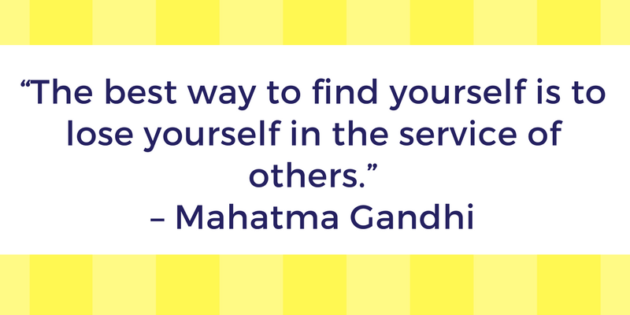




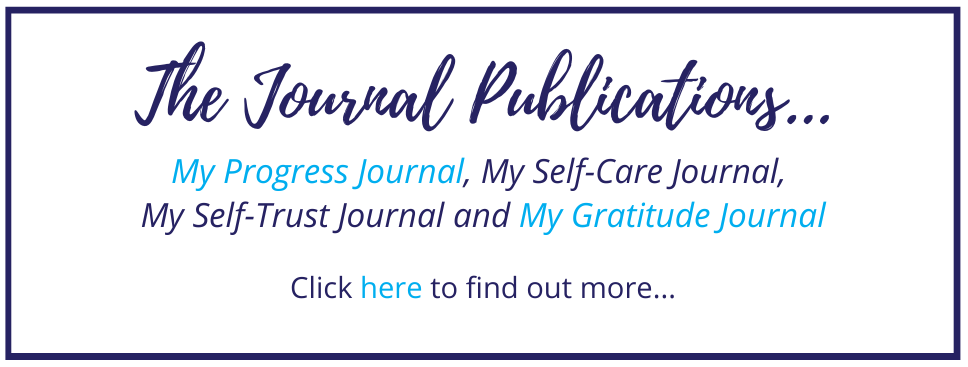


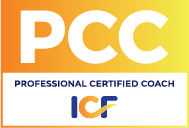
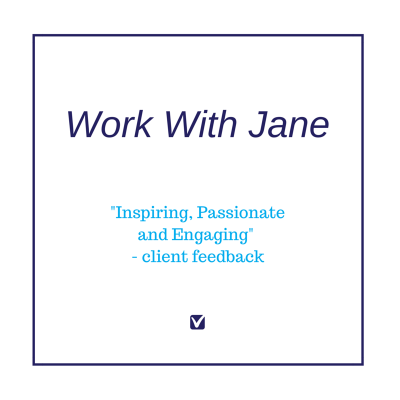





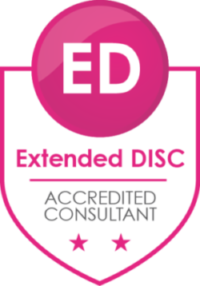

Leave A Response